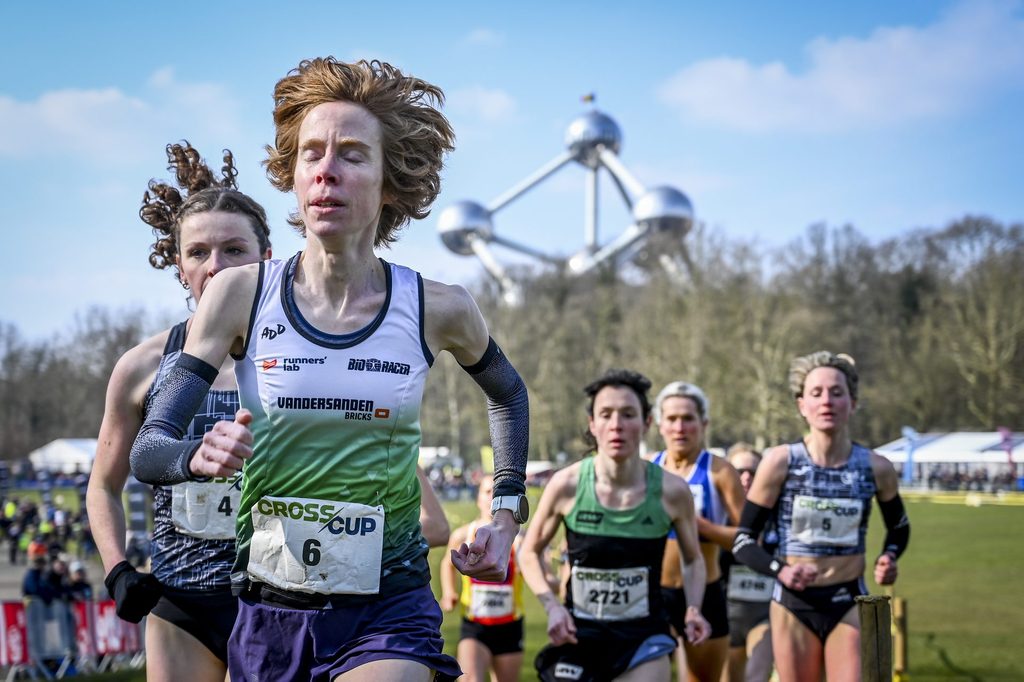Wearable technology for runners and joggers is commonplace, allowing people to log their activities and view data about their performance. Websites such as Strava are enormously popular and demand for sports watches and other "smart" devices has grown rapidly.
Even without a device, apps can be installed on smartphones that measure performance.
However, more and more runners are turning away from wearable technology and returning to what has been called "naked running" – that is, doing the sport without any device. The so-called "naked running movement" is gaining ground as more people decide to return to an "authentic" running experience.
Ilse, a long-time runner who has been a member of various clubs in Brussels over the past ten years, put away all her technology three months ago. After a recent run in Schaerbeek’s Parc Josaphat, she told the Brussels Times: “I was beginning to spend as much time on my laptop after a run as I was actually running.”
“I’d process all my data on my performance app then spend time on social media in running groups, sharing progress reports. One day I realised that I was even thinking about recording my run stats while actually running, rather than embracing the feeling of my body. I put my FitBit, smartwatch and even my MP3 player away after that. Now I just concentrate on my breath, my pace and listen to the world around me. I now run for the experience, not the data.”
If it's not on Strava it didn't happen
Ilse’s jogging partner Alice has also embraced the "naked running" ethos: "More than once, especially in the early morning, I discovered I'd left my smartwatch charging at home and went back to get it, mid-run," she told The Brussels Times. "How crazy is that? I was running, I could have kept running but decided it wasn’t a ‘good’ run unless it was monitored. It was then that I realised that I had my running priorities all wrong and I had to get back to basics."
In a recent Le Soir article on the subject, cultural anthropologist Noel Salazar told the newspaper that the desire to disconnect comes as runners are more concerned with taking care of themselves by being better connected to their body and to what surrounds it.
"These are people who individually no longer want to be constrained by technology and seek to distil the running experience to its core motivations," Salazar told Le Soir. "For these athletes, technology is therefore an obstacle to an ‘authentic’ running experience. Of course, the problem is not necessarily the technology itself, but how it is used and experienced.”

A runner in the Rue de la Loi in Brussels, Monday 27 June 2022. Credit: Belga / Eric Lalmand
Alongside sports sociologist Jeroen Scheerder, Noel Salazar conducted an extensive study of running and walking enthusiasts in northern Belgium. The study highlighted that the search for performance was at the heart of the motivations of a significant number of the runners studied.
"There are as many reasons to run as there are people," Salazar said. "However, it is true that these technologies allow people to track their performance and share it via social networks. For some, performance is the most important. For others, it is the social aspect related to them that takes precedence.”
Salazar says that the "naked running" movement is becoming a counter-culture within the running community. "Whenever a trend becomes dominant, there are counter-currents. "This is what we see in running, but also in other areas of society."

